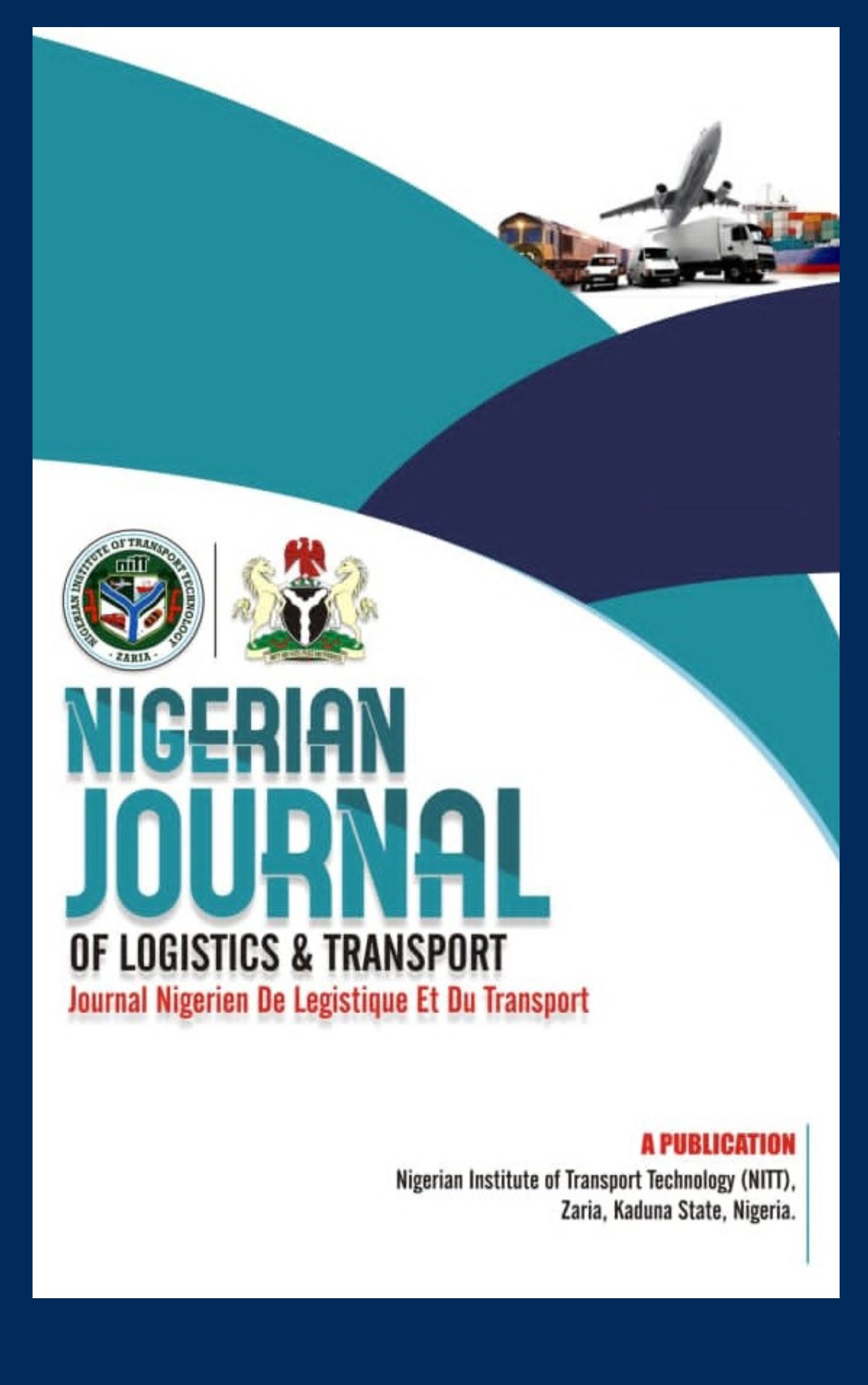Abstract
The plight of vulnerable road users in Nigeria, including pedestrians, cyclists, and motorcyclists, has emerged as a significant societal concern due to the high prevalence of road accidents and fatalities. This study presents the application of the social responsibility theory as a theoretical framework to explain the challenges faced by vulnerable road users and highlight the role of various stakeholders in addressing this issue. The social responsibility theory posits that individuals, organizations, and societies have a moral obligation to act in the public's best interest and contribute to society's overall well-being. Applying this theory to the context of vulnerable road users in Nigeria allows for a comprehensive understanding of the responsibilities and actions required to improve their safety. The application of the Social Responsibility theory in this study examines the responsibilities of different stakeholders, including the government, road users, transportation companies, and the community in making our roads safe for the venerable road users. The Road users are encouraged to adhere to traffic regulations, show empathy towards vulnerable users, and actively promote road safety as they also have a role to play in ensuring the safety of the vulnerable road users, the study emphasizes the need for collective action and accountability in addressing the plight of vulnerable road users in Nigeria. It highlights the importance of recognizing the social obligations of individuals, organizations, and the government to create a safer road environment and protect the well-being of all road users. Through this theoretical framework, it is hoped that policymakers, stakeholders, and the wider community will be inspired to take proactive measures, implement interventions, and work towards a society where vulnerable road users can navigate the roads with greater safety and security.



 National Library of Nigeria
National Library of Nigeria.jpg) Association of Nigerian Authors
Association of Nigerian Authors Nigerian Library Association
Nigerian Library Association EagleScan
EagleScan Crossref
Crossref